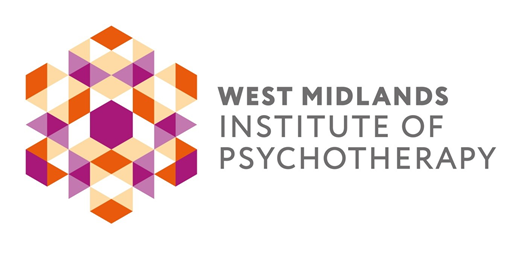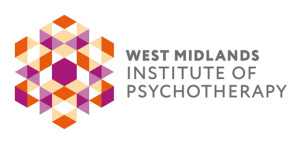What is Analytical Psychology?
Analytical Psychology, developed by Swiss psychiatrist Carl Gustav Jung, is a comprehensive theory of the human psyche and a therapeutic approach to psychological healing. Rooted in Jung’s belief in the existence of a collective unconscious shared by all humanity, analytical psychology emphasizes the exploration of archetypes, symbols, dreams, and the unconscious to gain insight into the individual’s psyche.
Central to analytical psychology is the concept of individuation, a lifelong process of integrating conscious and unconscious aspects of the personality to achieve psychological wholeness and self-realization. Through techniques such as dream analysis, active imagination, and exploring the symbolism in everyday life, individuals engage in a transformative journey of self-discovery and personal growth.
Analytical psychology also places importance on understanding the dynamics of the psyche in the context of cultural, societal, and historical influences. By exploring the depths of the unconscious and uncovering unconscious patterns, conflicts, and potentials, individuals can achieve greater self-awareness, resilience, and a deeper sense of purpose in life.
Overall, analytical psychology offers a holistic framework for understanding the complexities of human nature and fostering psychological well-being, making it a valuable approach for both personal growth and therapeutic intervention.

